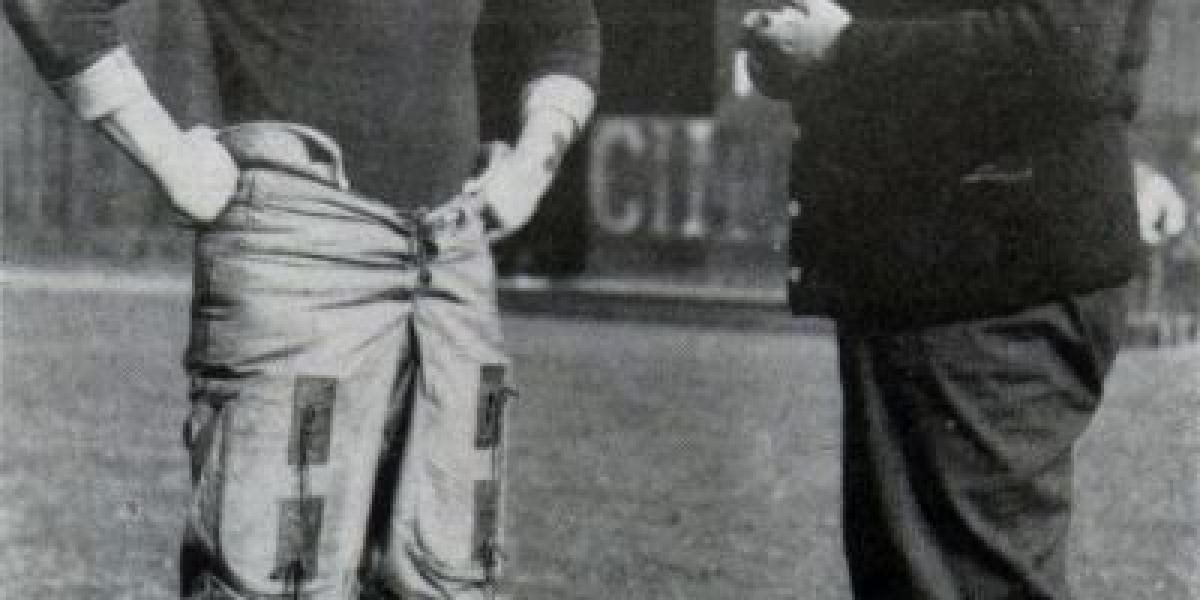College Career
Warner's own playing days began at Cornell University, where he was a standout guard and team captain. He graduated with a law degree in 1894 but found his true calling on the sidelines. His early coaching stints included the University of Iowa and the University of Georgia before he arrived at the Carlisle Indian Industrial School in Pennsylvania, a pivotal point in his career.
Football Legacy
It was at Carlisle where Warner's innovative genius truly blossomed. Leading teams composed of Native American students, including the legendary Jim Thorpe, Warner revolutionized the game.
He is credited with introducing numerous fundamental techniques and strategic concepts that are still employed today. While the assertion that he was the first to teach the spiral punt and use "dummy practice" requires further nuanced historical analysis, there is no doubt about his pioneering spirit. Warner championed the unbalanced line, a formation designed to create numerical advantages at the point of attack. He was also a key architect of the single-wing and double-wing formations, influential predecessors to modern spread and shotgun offenses. Warner's inventive mind conceived of tactical plays like the screen pass, hidden ball plays, mousetrap blocks, the naked reverse, and the rolling block, all designed to outwit opponents. Furthermore, he emphasized improved body blocking techniques and introduced the three-point stance, enhancing both offensive and defensive effectiveness. Beyond Carlisle, Warner’s coaching prowess extended to the University of Pittsburgh, Cornell again, Temple University, and Stanford University, consistently demonstrating his ability to build successful programs. His impressive combined collegiate coaching record of 319 wins, 106 losses, and 32 ties speaks volumes about his sustained excellence.
Accolades, Awards and Career Stats
While specific career statistics for a coach are not typically tracked in the same way as for players, Warner's accolades are significant. His most prominent recognition came with his induction into the College Football Hall of Fame in 1951, a testament to his profound and lasting contributions to the sport. The Pop Warner Little Scholars organization, founded in his name, further underscores his enduring impact, fostering youth football and emphasizing the importance of sportsmanship and academic achievement. His innovative strategies and success with various programs solidified his status as one of the most influential figures in the history of American football.
Sources and related content
Pop Warner (1951) - Hall of Fame - National Football Foundation




